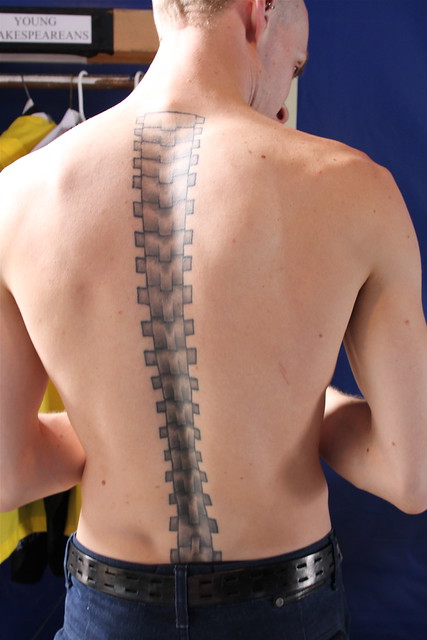chine /CHIYN/. noun or verb. The spine or backbone. The rim of a cask formed by the ends of the staves. In cooking, a cut or joing that includes the spine and connected flesh. In geography, the crest of a ridge though also, historically (and oddly), a fissure or crack in the earth. In shipbuilding, the change in angle of the cross-section of a hull, where the bottom and sides meet (such as a sharp chine). As a verb, to cut through the spine when butchering. From Middle English chyne, from Middle French eschine, then things get hairy but it appears to be a blend of the Germanic source of shin and Latin spina (spine).
“A prodigious chine of roasted bear’s meat.” (J. F. Cooper)
“We then struck the roughest of descents, down broken outcrops and chines of granite.” (Sir Richard Burton)
“It has been but a month from putting in the eight-by-threes, treated with creosote and laid a foot and a half apart in the long northernish rectangle of our cabin’s base, construction fir let into grey marl on the chine of an island, to the last sheet of shingling on the roof.” (Guy Davenport)
“In a very few minutes a hard chine launch came swiftly to them from the carrier…” (Nevil Shute)
“Its iron-rimmed chine struck the nape of his neck, dislocated vertebrae and crushed the spinal column.” (Annie Proulx)




